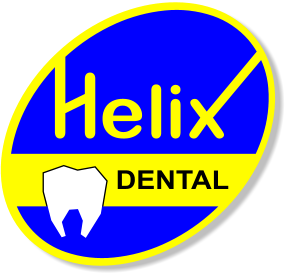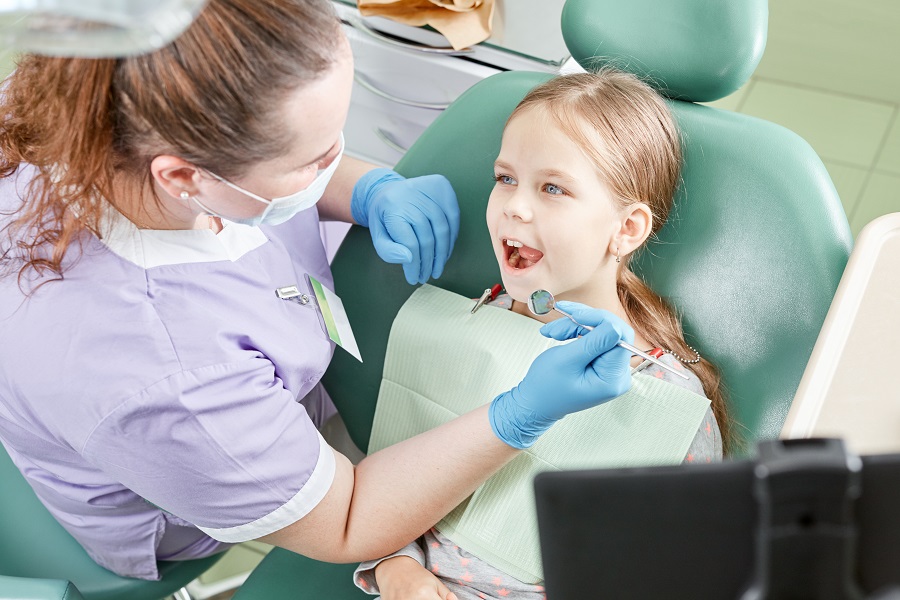
The Importance of Replacing Missing Teeth
Tooth replacement offers a transformative solution for those with missing teeth, whether due to decay, injury, or other oral health issues. From the stability and natural appearance of dental implants to the convenience of fixed bridges and the versatility of removable dentures, various options are available to restore your smile and oral function. Through a personalized treatment plan tailored to your specific needs and preferences, tooth replacement procedures aim to enhance your teeth' aesthetics and functionality, ultimately improving your overall quality of life and confidence in your smile.
Options for Tooth Replacement
Dental Implants
- Dental implants are considered the gold standard for tooth replacement. They consist of a titanium post surgically implanted into the jawbone, which serves as a sturdy foundation for a crown, bridge, or denture.
- Implants look, feel, and function like natural teeth and can last a lifetime with proper care.
- They help preserve jawbone density, prevent bone loss, maintain facial structure, and avoid the sunken appearance of missing teeth.
- Dental implants offer excellent stability and chewing function, allowing patients to eat their favorite foods confidently.
Dental Bridges
- Dental bridges replace one or more missing teeth by anchoring artificial teeth (pontics) to adjacent natural teeth or dental implants.
- Traditional bridges consist of pontics held in place by crowns attached to the adjacent teeth.
- Cantilever bridges are used when adjacent teeth are on only one side of the gap.
- Maryland bridges use metal or porcelain frameworks bonded to the back of adjacent teeth, eliminating the need for crowns.
Partial Dentures
- Partial dentures are removable dental appliances that replace multiple missing teeth in a dental arch.
- They consist of artificial teeth attached to a gum-colored acrylic base supported by clasps that attach to natural teeth.
- Partial dentures are an affordable option for tooth replacement and can restore chewing function and aesthetics.
- They require regular maintenance and may need adjustments over time to ensure a proper fit.
Full Dentures
- Complete dentures are removable dental appliances used to replace all the teeth in a dental arch.
- They consist of a gum-colored acrylic base with artificial teeth, custom-made to fit snugly over the gums.
- Complete dentures restore the appearance of a full smile and support facial muscles for improved aesthetics.
- While they provide functional benefits, such as improved speech and chewing ability, some patients may experience difficulty with stability and may require denture adhesives or implant-supported options for added retention.
Implant-Supported Dentures
- Implant-supported dentures combine the stability of dental implants with the affordability of dentures.
- They use a series of dental implants strategically placed in the jawbone to support a removable or fixed denture.
- Implant-supported dentures offer superior stability and chewing function compared to traditional dentures without the need for adhesives or worry about slippage.
- They help prevent bone loss and preserve facial structure, providing long-term benefits for oral health and overall well-being.
Immediate Dentures
- Immediate dentures are placed on the same day as tooth extraction, allowing patients to have a complete set of teeth while their gums heal.
- They are a temporary solution and may require adjustments as the gums and underlying bone reshape during the healing process.
- Immediate dentures provide functional and aesthetic benefits during the transition period before receiving permanent dentures or implants.
Removable Implant-Supported Overdentures
- Removable implant-supported overdentures combine the stability of dental implants with the convenience of removable dentures.
- They use a few dental implants to support a removable denture that snaps securely into place, providing improved stability and chewing function compared to traditional dentures.
- Removable implant-supported overdentures offer flexibility for cleaning and maintenance while still providing the benefits of dental implants, such as stability and bone preservation.
The Tooth Replacement Process
The tooth replacement process begins with a comprehensive consultation and evaluation with your dentist. During this appointment, your dentist will assess your oral health, discuss your treatment goals and preferences, and recommend the most suitable tooth replacement option based on your needs.
Once a treatment plan is established, your dentist will outline the steps involved in the tooth replacement process, including any necessary preparatory procedures such as tooth extraction or bone grafting. Advanced imaging techniques such as CBCT scans may be used for dental implant placement to ensure precise treatment planning.
The tooth replacement procedure will vary depending on the chosen treatment option. Dental implant placement typically involves a surgical procedure to insert the implants into the jawbone, followed by a healing period during which the implants integrate with the bone (osseointegration). Once the implants have healed, abutments are attached, and custom-made crowns or prosthetic teeth are affixed to restore function and aesthetics.
The adjacent teeth are prepared for fixed dental bridges by removing a portion of their enamel to accommodate the bridge. Impressions of the prepared teeth and surrounding structures are then taken to fabricate the bridge in a dental laboratory. Once completed, the bridge is cemented into place, restoring the missing teeth and filling the gap in the dental arch.
Removable dentures are fabricated using impressions of the dental arches. These impressions are used to create custom-fitted prosthetic teeth and acrylic bases. The dentures are then adjusted and fitted to ensure optimal comfort and functionality.
Following tooth replacement treatment, your dentist will provide post-treatment care and maintenance instructions to ensure optimal healing and long-term success. This may include dietary recommendations, oral hygiene instructions, and regular follow-up appointments to monitor your progress and address concerns.
Tooth replacement is a crucial aspect of dental care, offering solutions to restore function, aesthetics, and confidence for patients with missing teeth. Visit Helix Dental at 15 James St, Suite 1, Florham Park, NJ 07932, or call (973) 377-8668 to explore your options for tooth replacement and take the first step toward regaining a complete and confident smile.
Location
15 James St Suite 1,
Florham Park, NJ 07932
Office Hours
MON9:30 am - 5:30 pm
TUE - WED9:00 am - 6:30 pm
THUClosed
FRI9:00 am - 6:30 pm
SAT9:00 am - 2:00 pm
SUNClosed






comments